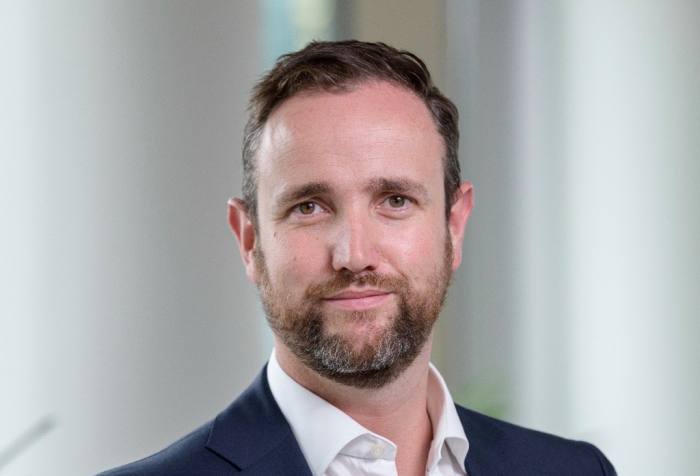
There are four routes the global economy could take in the coming months, with each requiring a different investment approach, according to St James' Place's chief investment officer.
Speaking at a recent conference, Beal said there were four possible directions the global economy could take: “Reflation, Goldilocks, stagflation and disinflation.”
He describes a stagflationary outcome as “the most difficult one to invest in.”
Stagflation is the economic condition of inflation being significantly above trend while economic growth is negative or very low.
Beal said in such a climate, there was "little place to hide", but gold and commodities have historically faired best.
He said: "However, in the majority of other scenarios, they fair worst. So not a prudent long-term strategy to put all your eggs in this basket. There are other strategies which can also work better in this environment. These include things like absolute return strategies and shorter duration bonds.”
While many market participants would contend the global economy is currently facing stagflation, Beal said clients portfolios must also be prepared for the opposite possibility: that inflation does turn out to be “transitory”, and starts to decline.
He said: “In this environment the clear winners are bonds. Both government and corporate. This much maligned asset class suddenly looks more attractive than it has been for a long time. Even today, you can receive an 8 per cent yield from high yield bonds, with lower sensitivity to interest rates due to the short duration. Not a bad return.”
In recent weeks bond yields have begun to decline. This may have been sparked by fears that the present high inflation could spark a recession.
Chris Beauchamp, chief market strategist at IG, says recent falls in yields was a consequence of investor “nervousness” about the prospects for the global economy.
The third scenario highlighted by Beal was “Goldilocks,” that is an economic outcome where central bank policies prove to effective, inflation falls, but we get economic growth that is stable.
Beal said: “Now, this may feel implausible sitting here today.
"But how many times have we seen markets sell off aggressively, only to recover very quickly?”
He said: “So whilst it feels painful, these declines are a common feature of markets. It is taking these type of risks, that allow us to earn an equity risk premia over the long term.
"There is always a reason not to invest. But as they say, markets climb a wall of fear. And in the long run, things that seem like catastrophic events at the time, become merely a blip in the long term performance chart.
"So my key message is don’t put all your chips on one outcome. We are wealth managers. Not hedge fund managers. Our role is to balance out the probabilities and make prudent decisions on behalf of our clients. The outcome in the current environment, is not as clear cut as many commentators like to make it out to be.”





